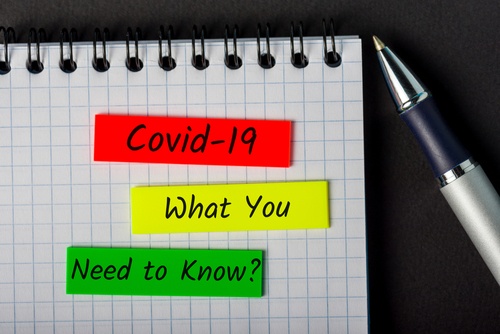
While efficacy of oral antiviral therapies for SARS-CoV-2 infection have been demonstrated in clinical trials in the general population, the effectiveness of these therapies and prevalence of COVID-19 rebound in patients with systemic autoimmune rheumatic diseases (SARDs) has not yet been elucidated. Researchers from the Brigham and Women’s Hospital and Massachusetts General Hospital in Boston released a pre-print publication (October 30, 2022) investigating this question [1]. In their retrospective cohort study, Qian et al sought several aims including (1) to investigate temporal trends related to outpatient treatment (including monoclonal antibodies, oral medications, or remdesivir outpatient), (2) compare severe COVID-19 outcomes for those who did and did not receive treatment, and (3) describe prevalence of COVID-19 rebound among SARD patients receiving oral outpatient therapy such as nirmatrelvir/ritonavir and molnupiravir.
The study identified adult patients at Mass General Brigham (MGB) with a SARD diagnosis and COVID-19 positive test result between January 23, 2022 and May 30, 2022 (when outpatient oral medications were first prescribed), including only patients on immunomodulatory medications. COVID-19 positivity was determined by PCR or antigen test or COVID-19 flag in the EHR, which included patients testing positive outside of the MGB system or reported positive home rapid antigen tests.
The primary outcome of the study was severe COVID-19, defined as hospitalization and/or death within 30 days after the index date. COVID-19 rebound was defined as 1) completion of oral outpatient regimen for COVID-19, 2) documentation of negative then newly positive SARS-CoV-2 tests within 7 days of completion, and 3) recurrence in COVID-19 symptoms after improvement in most or all symptoms within 7 days of completion, as defined in a previous study [2]. They did not consider those with prolonged viral shedding without a negative test or those with little to no improvement in symptoms throughout follow-up as rebound. They analyzed association of any treatment versus no outpatient treatment with hospitalization/death using multivariable logistic regression.
There were 704 patients with SARD identified with COVID-19 infection, with most common diagnoses including rheumatoid arthritis (49%), psoriatic arthritis (16%), and SLE (12%). Conventional synthetic DMARDs were used in over 68%, most frequently methotrexate (~39%) and hydroxychloroquine (~30%), with biologic DMARD use in ~37%, most frequently TNF inhibitors (~21%). A total of 61% of the cohort received outpatient treatment including nirmatrelvir/ritonavir (44%) and monoclonal antibodies (15%) making up the vast majority of treatments utilized, and <1% receiving molnupiravir or outpatient remdesivir. For 39% of the cohort, not treatment for COVID-19 was prescribed. The majority of patients who received or did not receive treatment were vaccinated (97.9% vs 93.5%).
Outpatient treatment was associated with reduced odds of severe COVID-19 infection, after adjustment for age, comorbidities, eGFR, and race. There were 2.1% hospitalizations/deaths in the treated group compared to 17.6% among those with no outpatient therapy (aOR 0.12, 0.05-0.25). Secondary analyses found both nirmatrelvir/ritonavir and monoclonal antibodies both were associated with lower odds of severe COVID-19 compared to no treatment (aOR 0.09, 0.20 respectively). Interestingly 8% of patients who received oral outpatient therapy had documented COVID-19 rebound. The incidence of COVID-19 rebound was 8% among nirmatrelvir/ritonavir and 14% among molnupiravir users.
This study demonstrates that outpatient treatment with antiviral therapy or monoclonal antibody infusion was associated with 88% lower odds of severe COVID-19 outcomes in SARD patients with acute COVID-19 infection compared to no therapy, and highlights the importance of initiating therapy in these patients. Some important considerations to note are that the majority of outpatient treatments utilized were nirmatrelvir/ritonavir and monoclonal antibodies. Other limitations include a highly vaccinated cohort in one geographic region, with results that may not be generalizable to other populations. The authors note the 8% incidence of rebound may be an underestimation given stringent requirements needed to meet a rebound case, including documentation of repeat COVID-19 test positivity with symptoms. Finally, the effectiveness of oral therapies may change in the future as novel SARS-CoV-2 variants circulate which may impact efficacy of these therapies. Nevertheless, rheumatologists and other clinicians should be aware of the importance of these therapeutic options in the immunosuppressed and their ability to reduce severe COVID-19 outcomes.
*Of note, this is a pre-print article submitted to medRxiv, and has not yet undergone completion of scientific peer review at time of publication of this article.
References
[1] Qian G, Wang X, Patel NJ et al. Outcomes with and without outpatient SARS-CoV-2 treatment for patients with COVID-19 and systemic autoimmune rheumatic diseases: A retrospective cohort study. medRxiv. [Preprint.] October 30, 2021 [accessed 2020 October 31]. Available from: https://www.medrxiv.org/content/10.1101/2022.10.27.22281629v1.full.pdf
[2] Ranganath N, O’Horo JC, Challener DW, Tulledge-Scheitel SM, Pike ML, Michael O’Brien R, et al. Rebound Phenomenon after Nirmatrelvir/Ritonavir Treatment of Coronavirus Disease-2019 in High-Risk Persons. Clin Infect Dis. 2022.

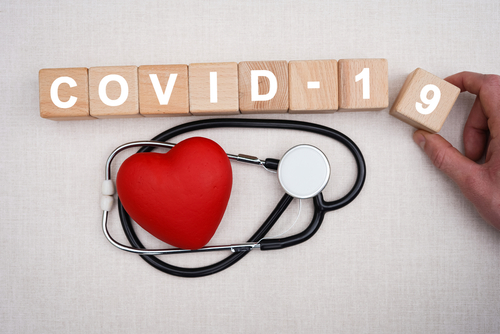
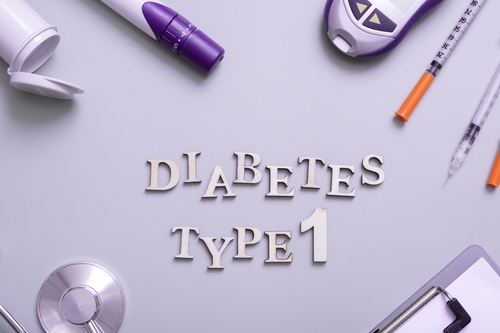

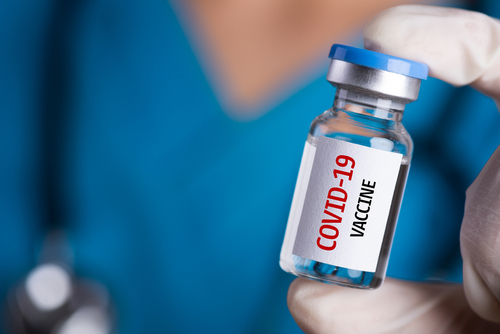
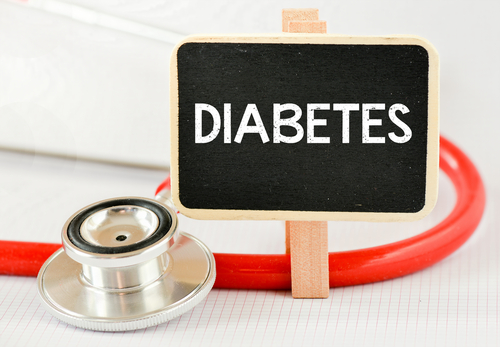

 © 2025 Mashup Media, LLC, a Formedics Property. All Rights Reserved.
© 2025 Mashup Media, LLC, a Formedics Property. All Rights Reserved.